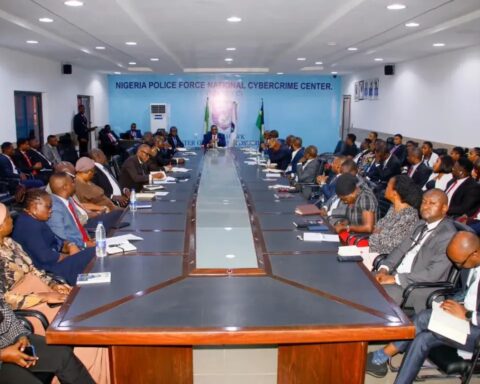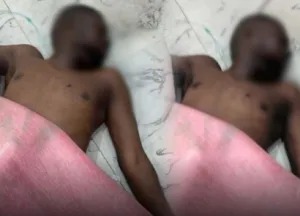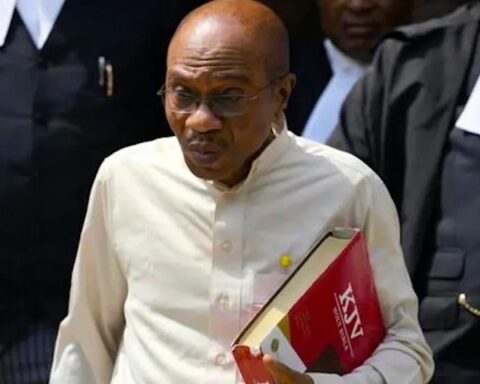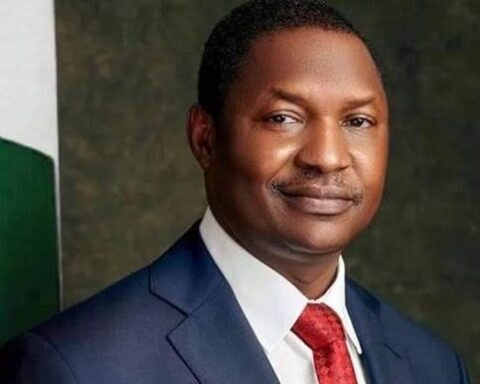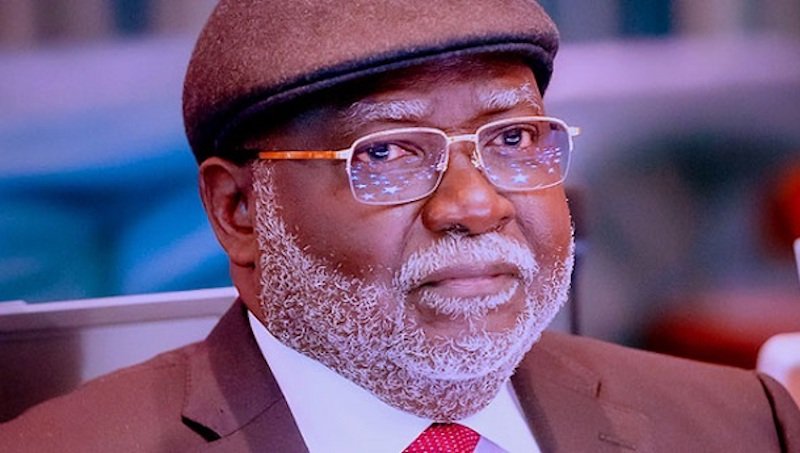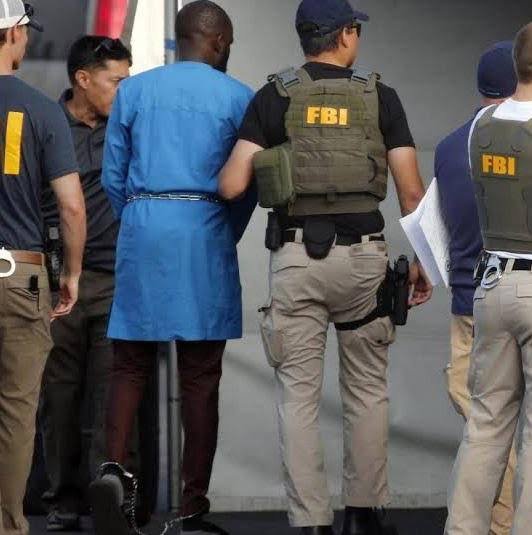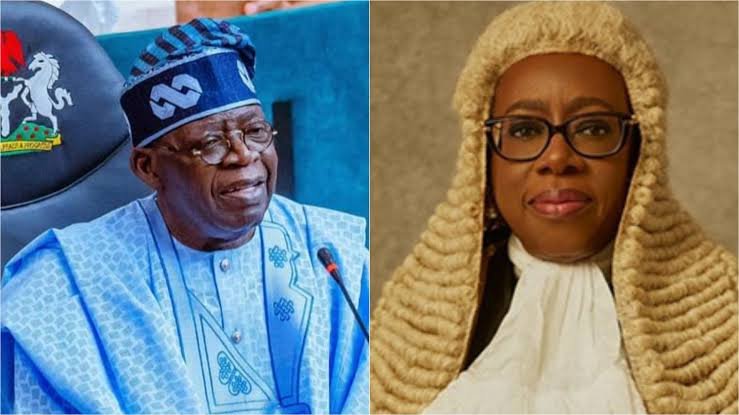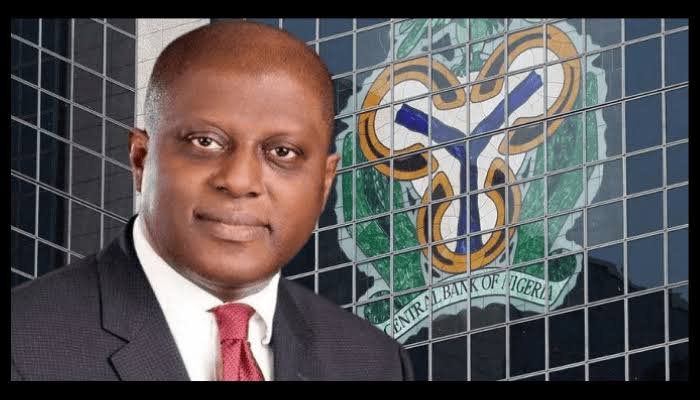For years, Benue State has been the epicentre of Nigeria’s deadly conflict between farming communities and armed marauders — a crisis that has claimed thousands of lives and displaced entire populations.
The largely agrarian residents of the state have cried out repeatedly, insisting that their land, faith, and identity are under siege. Many looked to their leaders for clarity and courage, especially one who once stood at the altar preaching compassion: Rev. Fr. (now Governor) Hyacinth Alia.
When Alia was sworn into office in 2023, many believed he understood their pain both spiritually and politically. Months into his administration, he echoed what many already feared — that the killings bore the markings of religious targeting. That claim fed into a growing international debate about whether Christians in Nigeria were facing what former U.S. President Donald Trump described as a “Christian genocide.”
But this week, Governor Alia formally recanted that position — a reversal sending tremors through Benue’s political, religious, and humanitarian circles.
Speaking at a consultative forum on the protection of IDPs and forcibly displaced persons, organised by the National Human Rights Commission (NHRC) in Abuja, the governor dismissed allegations of genocide.
“In my state of Benue, we don’t have any religious, any ethnic, any racial, any national or state genocide. We don’t have that,”
he said, adding that while insecurity persists, it does not meet the United Nations’ definition of genocide.
The remark has angered many residents who say their suffering is being trivialised. Critics accuse the governor of political expediency, arguing that his current stance contradicts earlier comments in which he attributed persistent killings in rural communities to anti-Christian extremism.
For many displaced families, Alia’s reversal feels like betrayal.
A State Still Under Attack
Despite political disagreements, the violence in Benue is undeniable. ACLED data indicates that in the past two years, the state has witnessed dozens of mass-casualty attacks.
One of the darkest episodes occurred on June 14, when coordinated assaults in Yelewata, Guma Local Government Area, left more than 100 residents dead.
These numbers translate into orphaned children, razed villages, and swelling IDP camps.
Governor Alia argued that mischaracterisations are hurting Nigeria internationally, revealing that he met with the U.S. ambassador to clarify that “the UN parameters for genocide do not apply to Benue.”
Supporters say he is preventing damaging international labels.
But for many in Benue, it is not about terminology — it is about trust.
As one displaced resident of Guma asked:
“If this is not genocide, what then do you call what we are going through?”
Catholic Priest Blasts Alia: “A Disgrace to the Priesthood”
The backlash intensified on Wednesday after a Catholic priest, Rev. Fr. Prince Chidi Philip, issued a blistering condemnation of the governor.
In a strongly worded statement, Fr. Philip accused Alia — himself a suspended Catholic priest — of betraying both his calling and his people.
“Even though he is no longer in union with the Church because of his political ambition, the sacred mark of ordination never disappears. Once a priest, always a priest,”
Fr. Philip wrote.
He described the governor as “a total disgrace to the Catholic priesthood,” accusing him of choosing political safety over moral truth.
“Communities have been wiped out, churches burnt, farmers murdered, women assaulted, yet a man trained to defend the weak now stands before the world claiming nothing is happening.”
Fr. Philip argued that the Church was right to bar priests from partisan politics, insisting that “priesthood demands truth while politics demands compromise.” He accused the governor of prioritising his re-election prospects over acknowledging the suffering of persecuted Christian communities.
“Padre, I know you are trying to secure a second tenure, but for Christ’s sake, speak the truth for once. It is better to lose political office than to lose your soul or the trust of the people you vowed before God to serve.”
For many in Benue, Alia’s comments have reopened old wounds and raised new questions about leadership, loyalty, and the future of a state still battling violence.
Follow us on all social media platforms @dailyquery for news and analyses around the globe.

